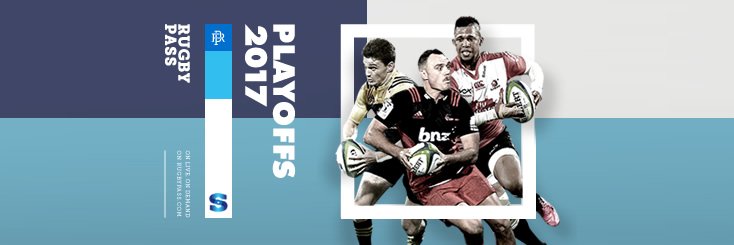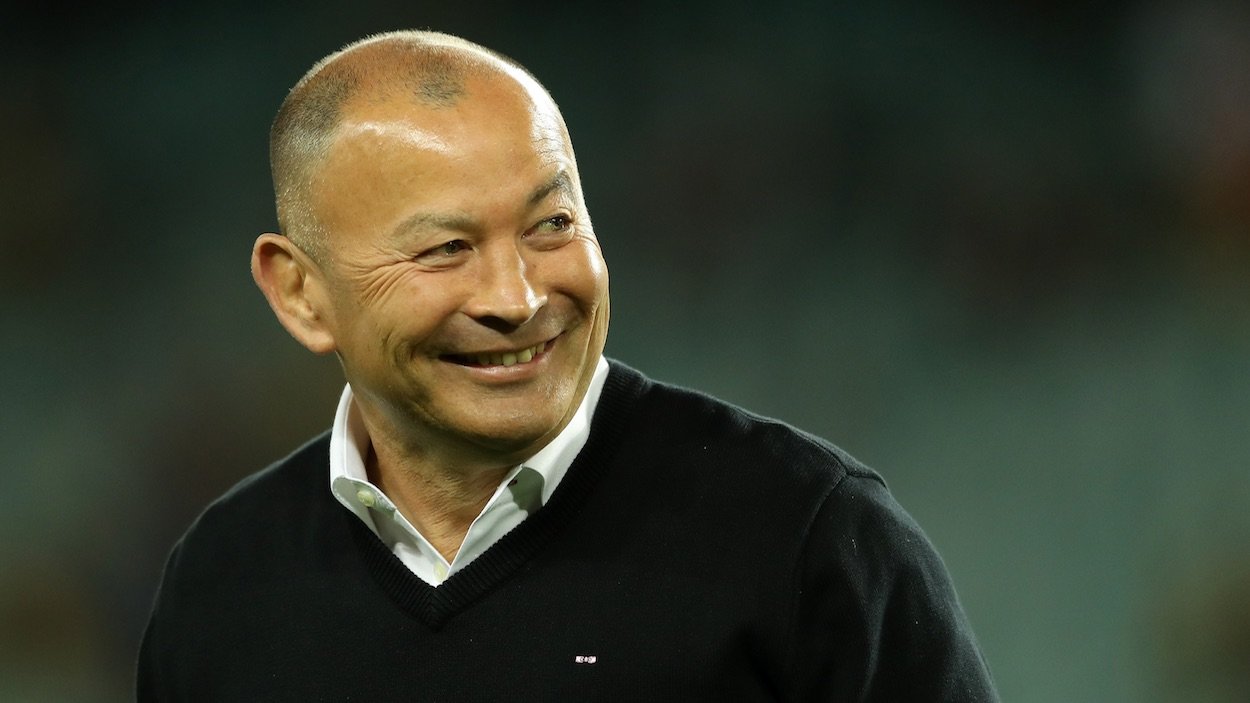The Rugby Football Union (RFU) have just signed a new deal with Premiership Rugby Limited (PRL), the body that represents the English Premiership Clubs. Lee Calvert explains what it all means and why Eddie Jones has plenty to smile about.
After winning the 2003 Rugby World Cup Clive Woodward had a list of demands. Near the top of the list was central contracts which would sort out England player accessibility. The problem he faced at the time was that the relationship between the RFU and the clubs made dogs and cats appear a model of co-operation, thus the RFU could not make any promises about this (and a few other things) meaning Woodward walked and England went into the wilderness years.
In 2006 Rob Andrew came to the RFU from Newcastle Falcons and led the negotiations that started with the clubs and governing body actually speaking to each other. These negotiations ended with the Elite Player Agreement in 2007, which came with all manner of access rights to players for the national squad, Elite Player Squads and some cash rewards for clubs as compensation for producing the players and releasing them. This was no small achievement by Andrew and was seen as the main reason why he continued to maintain senior jobs at the RFU despite the national team’s many failures in the years since it was signed.
This week sees a new Professional Game Agreement come into force between the RFU and PRL. The name may have changed but this is the latest iteration of the previous agreements, the purpose of which remains the same: to give the England coach the chance to create the best team in the world again. The agreement will run until 2024 and is the final utilisation of the vast amount of the money RFU made from Rugby World Cup 2015. So they didn’t spend it all on buying Eddie Jones after all.
The partnership is worth over £200 million, with the first four year payment fixed at £112 million. The second four year payment could potentially be higher than £112 million subject to financial performance under the rugby revenue share partnership approach. The funding model for the clubs is based on the English Qualified Player (EQP) threshold being met, the Elite Player Squads (EPS) and standards for club academies being achieved.
The annual England Elite Player Squad (EPS) will increase from 33 to 45 players with greater flexibility during core international periods so 36 players can be selected for training camps instead of 33. Eddie Jones will now also be able to make the final selection of 45 squad members in the first week of October. 20 players will also be simultaneously selected as part of a Next EPS squad for inclusion in training camps and possible England Saxons fixtures.
A two-day training camp will continue to take place ahead of the start of the Aviva Premiership season, plus an additional two-day camp in the beginning of October before the November internationals. There will also be an additional camp prior to the Six Nations in the first week in January. No players will be released back to clubs in the preparation week, two weeks before the first match of the November Internationals and Six Nations, which means they will miss one ‘club’ weekend.
Player burnout is also addressed. The England players involved in November matches who pass a threshold of minutes played will have a mandatory one weekend rest period over Christmas. Those who play throughout the Six Nations and pass a threshold of minutes played will also have one weekend off in the four weeks following the competition.
As part of a regular season England players will continue to have, as a minimum, a 10 week off-season in the summer. On average last season, players involved in the England senior side played an equivalent of just over 23 matches, well under the maximum limit of 32.
So, in short, Eddie Jones will have more time with a greater pool of players as he prepares for the next World Cup. He will also be able to include more development players as part of training camps to keep one eye on the future and continuity. And speaking of the future, the clubs will receive more money than ever before to cover the gaps in their squads and crucially to develop their academies.
The vision of the future is that of an army of Maro Itoje talents rolling off the club production line to be included in squads where the England coach has the time with them to shape an outstanding international side.
Looks like a good plan, but as Mike Tyson famously said at the height of his powers, “Everyone has a plan until they get punched in the face.” Replace punch in the face with play the All Blacks and you have the only measure that matters in our sport and the therefore the measure by which this and any plan will be judged.
Time will tell, but the intent of this agreement and what it could mean for England seems like a step in the right direction.





























